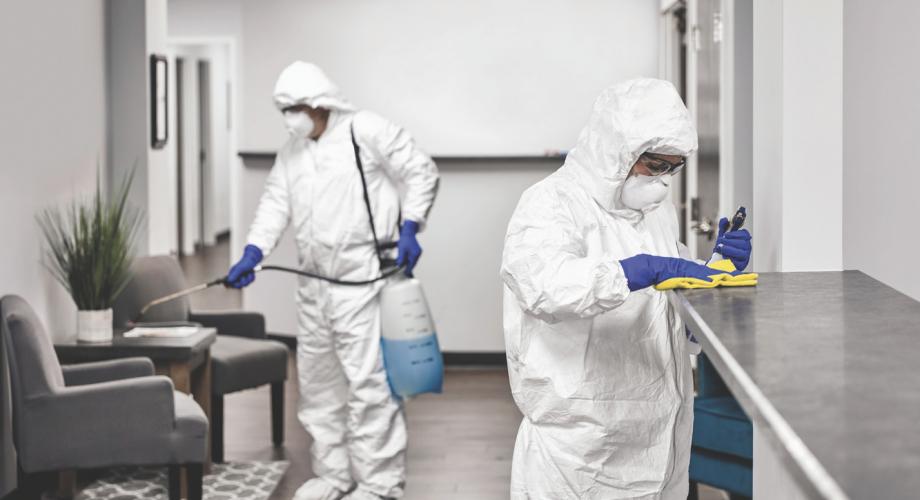NAA’s first Digital Studio event, convened on Feb. 25 in collaboration with Lowe’s Pro Supply, featured panel and roundtable discussions focused on combating the impacts of the COVID-19 pandemic on the rental housing industry with a theme of maintaining and preserving assets.
During the pandemic, work orders have been deferred to limit exposure of maintenance teams and residents alike. With limited staff time and contact, and limited funds resulting from economic upheaval, work often has been restricted to a minimum. And a glut of repairs, regular maintenance inspections, liability mitigation and general improvements await the easement of the pandemic.
How do you prioritize this mountain of work, how will you catch up and are you training your teams now to prioritize and crush the crisis? The education sessions answered these questions and more for attendees.
Working from home instead of in the office has certainly been a challenge, said Alex Watts, CAPS, Director of Regional Maintenance for Greystar during the “Leadership Panel Discussion: Maintaining and Preserving Your Assets.” The lack of the person-to-person interactions, he continued, like watercooler conversations that drive innovation, have been impacted. In a leadership role, change and organizational structure originate from those in-person discussions; video calls have been a functional replacement. But the decentralized work environment has put a strain on communication.
It was important to keep communication together as an entire company and larger teams rather than on a regional level, said Jonathan Dean, Regional Maintenance Manager with Palms Associates LLC.
One of the biggest hurdles was communicating to residents, noted all the panelists. “Communication is key to successfully mitigating the workload,” Watts said.
Initially, the pandemic shut down nearly all nonemergency work orders. For example, if a resident has a burnt-out lightbulb, a potential solution was to leave a new bulb at their door so they can replace it themselves while teams were not entering homes unless it was an emergency. Notifying residents that all requests cannot be completed needs to be clearly communicated.
Almost all residents understood what was going on and were very forgiving, said Chris Tinsley, CAMT, Assistant Service Manager, Colonial Village at West End, but some were not. Their work orders were filtered into three groups: Extreme—uncontrollable leaks, no AC, no heat; gray orders like small leaks; and nonemergency such as needing a new lightbulb. Within two months, they were able to open back up to all work orders, and it took about 30 days to catch up.
It was important to develop a routine for community needs. Wearing personal protective equipment (PPE), and finding it, along with implementing supplemental questions to enter homes and complete work orders were also among the initial, challenging steps.
However, there is now a better connection between the office staff and maintenance staff, added Dean. “Maintenance professionals in the multifamily housing industry have been phenomenal,” here to help people and resolve issues, said Watts.
“I never thought something that would distance us would bring us so close,” concluded Demetrius Rodriguez, Service Director, The Bryce, Matrix Residential.
Visit naahq.org/meetings-events for a schedule of NAA’s upcoming educational offerings.
Michael Miller is the Managing Editor for NAA.
